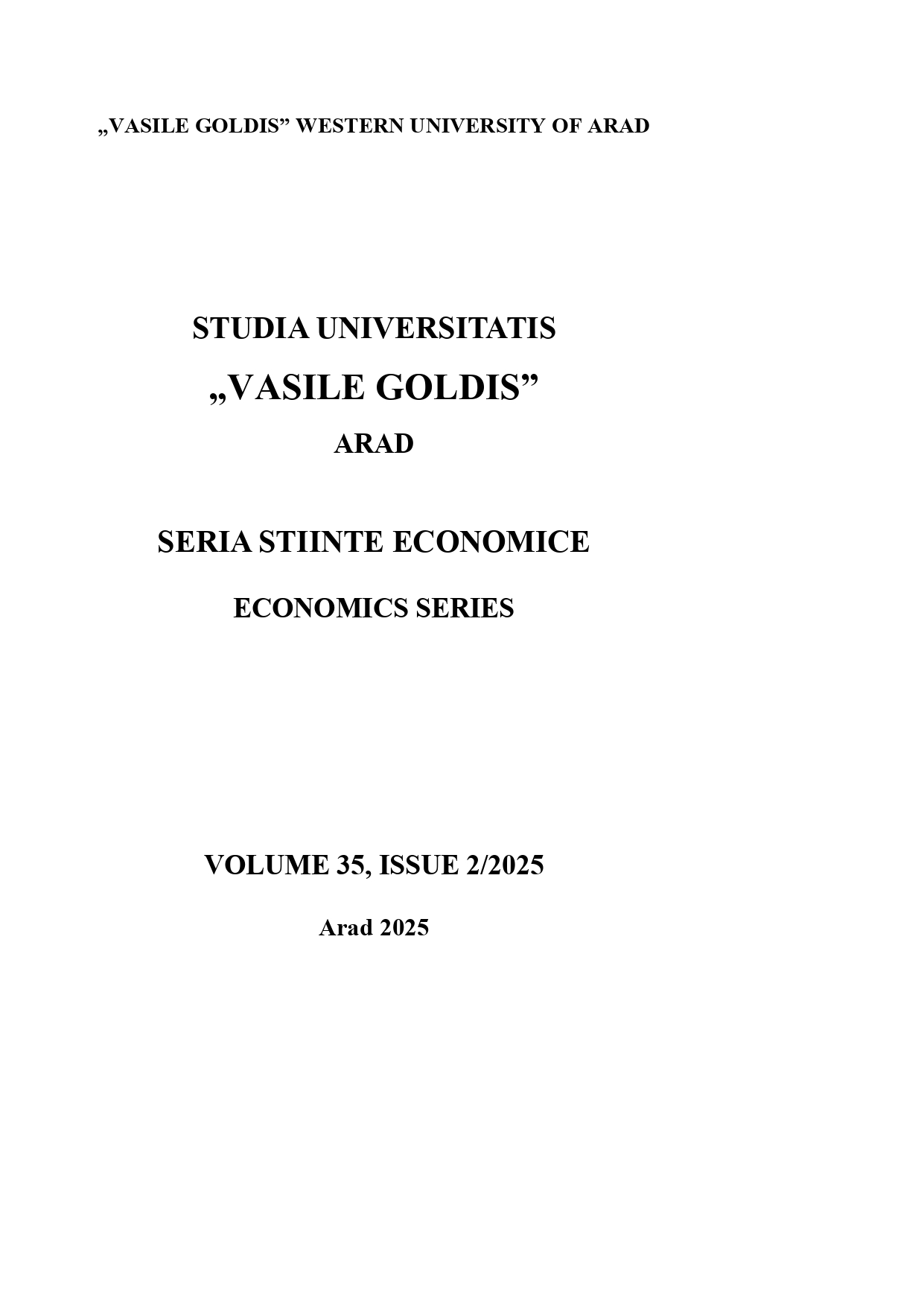THE IMPACT OF BREXIT ON UNEMPLOYMENT IN THE UNITED KINGDOM USING SYNTHETIC CONTROL METHOD
THE IMPACT OF BREXIT ON UNEMPLOYMENT IN THE UNITED KINGDOM USING SYNTHETIC CONTROL METHOD
Author(s): Mihaela Simionescu, Wadim STRIELKOWSKISubject(s): Economy, Human Resources in Economy, Business Ethics
Published by: Editura Universităţii Vasile Goldiş
Keywords: Brexit; unemployment; inflation; synthetic control method; vector error correction model;
Summary/Abstract: The withdrawal of the United Kingdom (UK) from the European Union (EU) (known as “Brexit”) represented a challenge for labor markets on both sides. Hence, the aim of our paper is to assess the impact of this event on the unemployment rate in the UK. Specifically, the paper assesses the difference between unemployment in the UK after Brexit and unemployment in the UK in case the UK would have remained in the EU. Moreover, it identifies economic factors that influenced the monthly unemployment in the UK in the long and short run since the official Brexit happened in February 2020. The paper applies the synthetic control method for the data from the period 1995-2022 under three types of donor pools: a sample that includes all the Old EU Member States (EU Member States prior to the 2004 Enlargement), a similar sample that excludes Spain and Greece and a pool based only on the EU neighbors of the UK. The sample based only on the EU neighbors provides the most accurate results and indicates a lower, but non-significant unemployment in the absence of Brexit compared to the real situation. On the other hand, there is a long-run relationship from inflation and economic growth to unemployment in the period between February 2020 and December 2022, while inflation acts as a factor that reduces unemployment.
Journal: Studia Universitatis Vasile Goldiş, Arad - Seria Ştiinţe Economice
- Issue Year: 35/2025
- Issue No: 2
- Page Range: 38-64
- Page Count: 27
- Language: English

